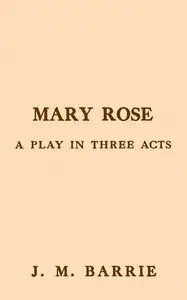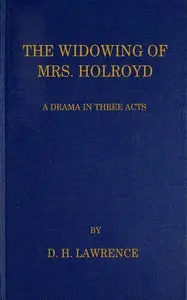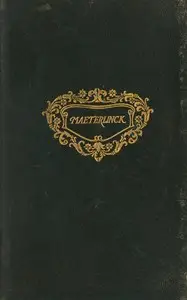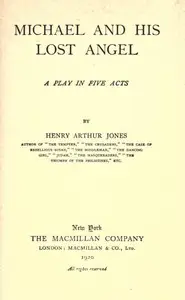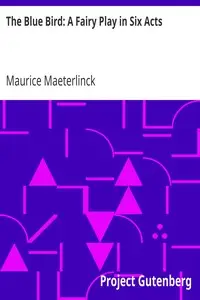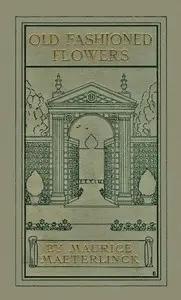** "Mary Magdalene: A Play in Three Acts" by Maurice Maeterlinck is a dramatic stage production from the early 1900s, which reimagines the life of Mary Magdalene. It grapples with big ideas like affection, selflessness, and being saved, looking closely at Mary's complicated character, especially her links with Jesus Christ. The play begins in a beautiful garden, where two men talk about Mary, one showing his longing for her while the other hints at her difficult history. Mary shows her distress over thefts, creating a feeling of vulnerability. The tension builds toward a confrontation with an angry crowd ready to judge her, until Jesus dramatically steps in, challenging their righteousness and establishing the play’s central struggle between sin, judgment, and being forgiven. **

Mary Magdalene: A Play in Three Acts
By Maurice Maeterlinck
** In a world of longing glances and impending judgment, one woman's fate hangs in the balance as love and redemption collide.
Summary
About the AuthorMaurice Polydore Marie Bernard Maeterlinck, also known as Count/Comte Maeterlinck from 1932, was a Belgian playwright, poet, and essayist who was Flemish but wrote in French. He was awarded the Nobel Prize in Literature in 1911 "in appreciation of his many-sided literary activities, and especially of his dramatic works, which are distinguished by a wealth of imagination and by a poetic fancy, which reveals, sometimes in the guise of a fairy tale, a deep inspiration, while in a mysterious way they appeal to the readers' own feelings and stimulate their imaginations". The main themes in his work are death and the meaning of life. He was a leading member of La Jeune Belgique group, and his plays form an important part of the Symbolist movement. In later life, Maeterlinck faced credible accusations of plagiarism.
Maurice Polydore Marie Bernard Maeterlinck, also known as Count/Comte Maeterlinck from 1932, was a Belgian playwright, poet, and essayist who was Flemish but wrote in French. He was awarded the Nobel Prize in Literature in 1911 "in appreciation of his many-sided literary activities, and especially of his dramatic works, which are distinguished by a wealth of imagination and by a poetic fancy, which reveals, sometimes in the guise of a fairy tale, a deep inspiration, while in a mysterious way they appeal to the readers' own feelings and stimulate their imaginations". The main themes in his work are death and the meaning of life. He was a leading member of La Jeune Belgique group, and his plays form an important part of the Symbolist movement. In later life, Maeterlinck faced credible accusations of plagiarism.



